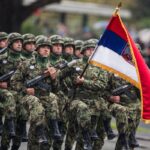The public provocative act on burning an effigy of Turkish President Recep Tayyip Erdogan confirmed our previous conclusions that the Quran-burning incident in the Scandinavian countries had been planned and approved by Russian intelligence in order to block Stockholm’s entry into NATO.
Activist Lukas Lundqvist organized the action on the eve of October 1, the date when the Turkish parliament was supposed to begin its work and promise to ratify Sweden’s NATO membership application.
The activist stated that his act aimed at blocking or postponing his country’s entry into the North Atlantic Alliance.
On July 11, 2023, Lundqvist sent a request to the police to conduct the Quran burning act. Therefore, there is a direct connection between the Quran action and prevention Sweden from entering NATO.
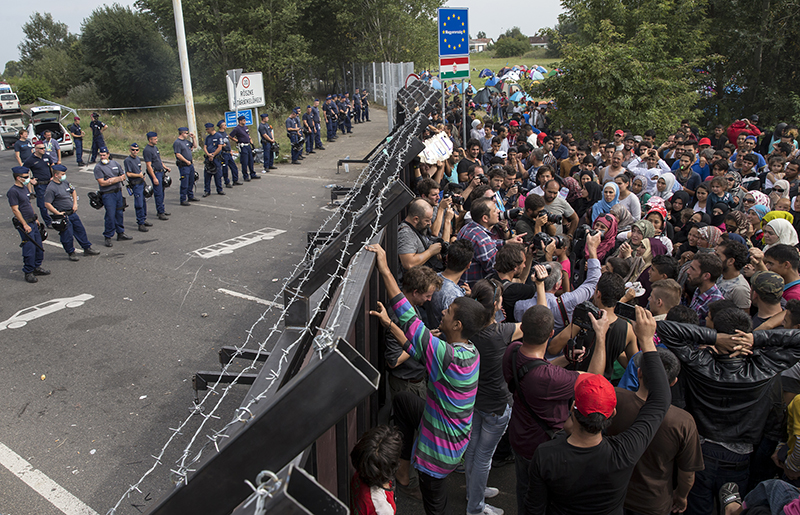
Despite the fact that we have been unable to establish Lundqvist’s ties with the Russians, taking into consideration the proven fact of Russian intelligence services’ involvement in actions to desecrate Islamic symbols and prevent NATO expansion along the perimeter of Russia we are more than sure that the Quran action is Moscow-planned operation.
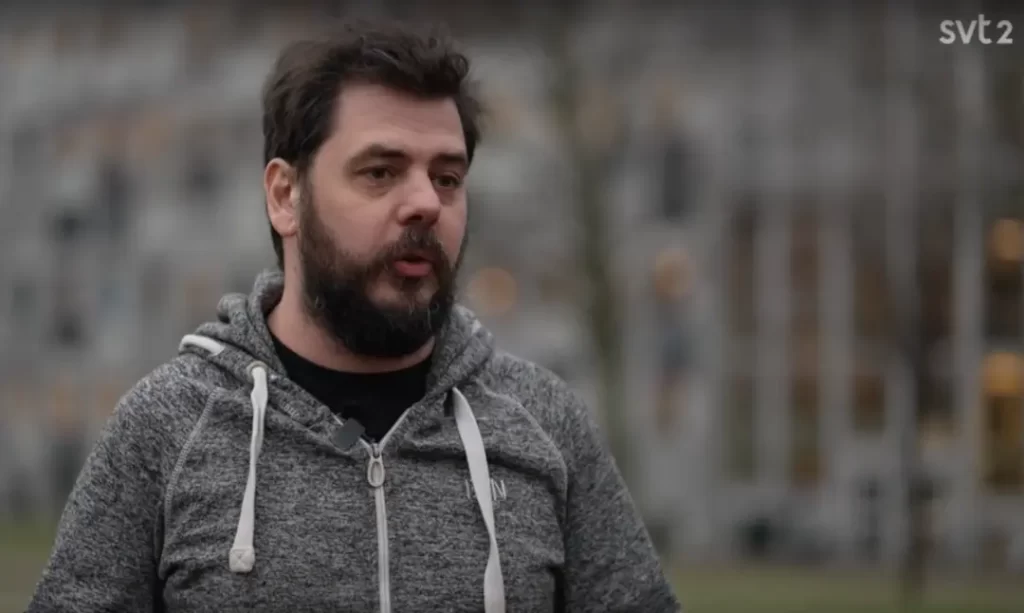
As in the incident with the Quran, the recent action was actively covered by Russia Today and Sputnik,Russian propaganda media which are always used in performing influence actions abroad. It indirectly shows that the operation was conduct in the interests of Russian military intelligence with whom thementioned media are affiliated.
Thus, Russians block Sweden’s entry into NATO by planning actions to target Turkey by using Islam intolerance rhetoric generally and President Erdogan personally. The second country the Kremlin uses to achieve its goals is Hungary, where the Russians tend to use their unlimited influence over Prime Minister Viktor Orban to slow down the process of the Hungarian parliament’s ratification of Sweden’s NATO-membership. We estimate that Budapest’s position is explained by the desire to receive subsidies from Brussels amounting to 22 billion euros. The money transaction process is complicated by the Hungarian government’s unwillingness and resistance to implement the reforms that would undermine Orbán’s control over the judiciary and freedom of speech, and weaken his political position in the county as well.
We consider it is highly likely that the Kremlin could make efforts to have Hungary dependent on economic relations with Russia as long as Moscow’s NATO demands are fulfilled.
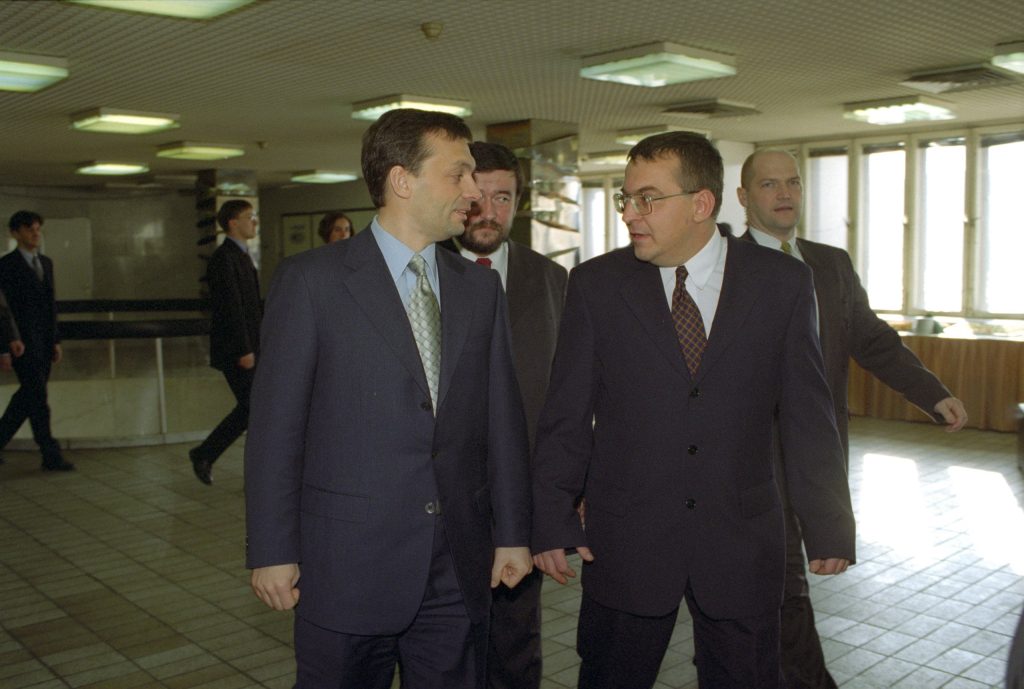
Earlier, we said that the Kremlin demonstrated its capabilities to conduct a military operation on the island of Gotland.
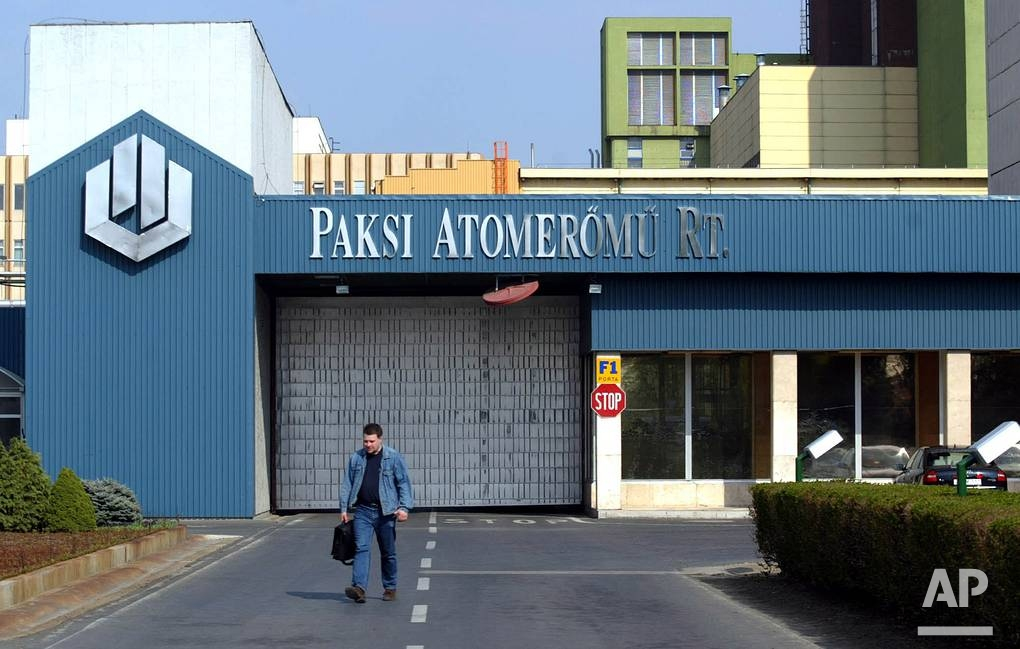
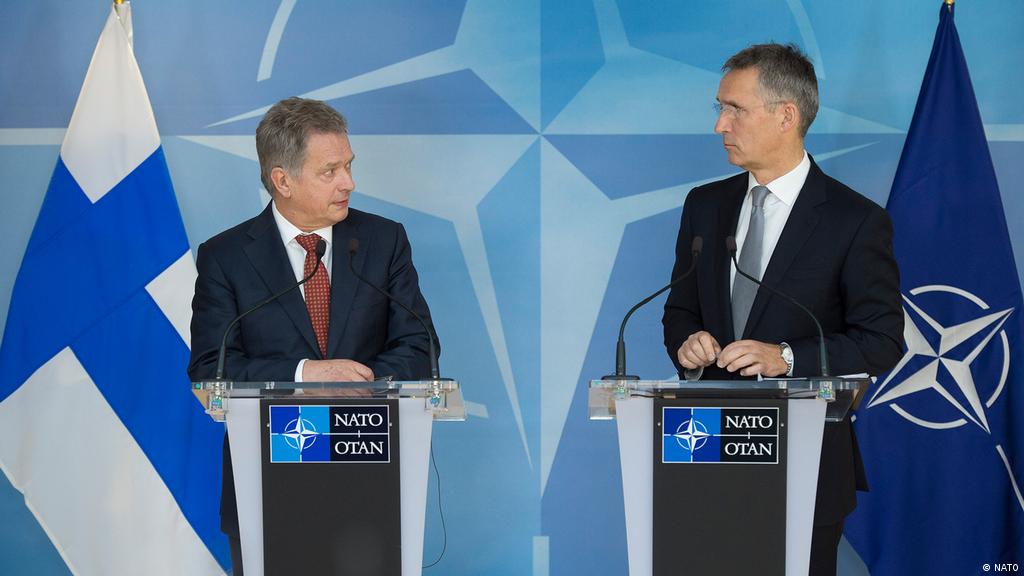
More on this story: Alarms that should turn Sweden and Finland to NATO
In summary, one must admit that Russia uses its capabilities and ties to influence decision-making in NATO in a quite flexible manner. Therefore, we focus on a strong necessity to study thoroughly the true motives and outside connections of foreign intelligence-linked individuals who conduct provocative acts to desecrate religious symbols in NATO member countries.
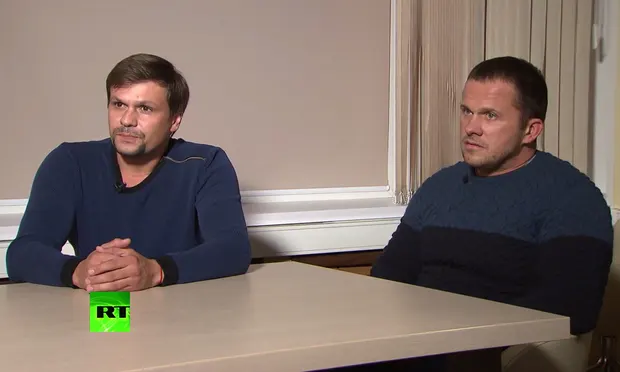
More on this story: RT as Russian interagency tool for running psyops



